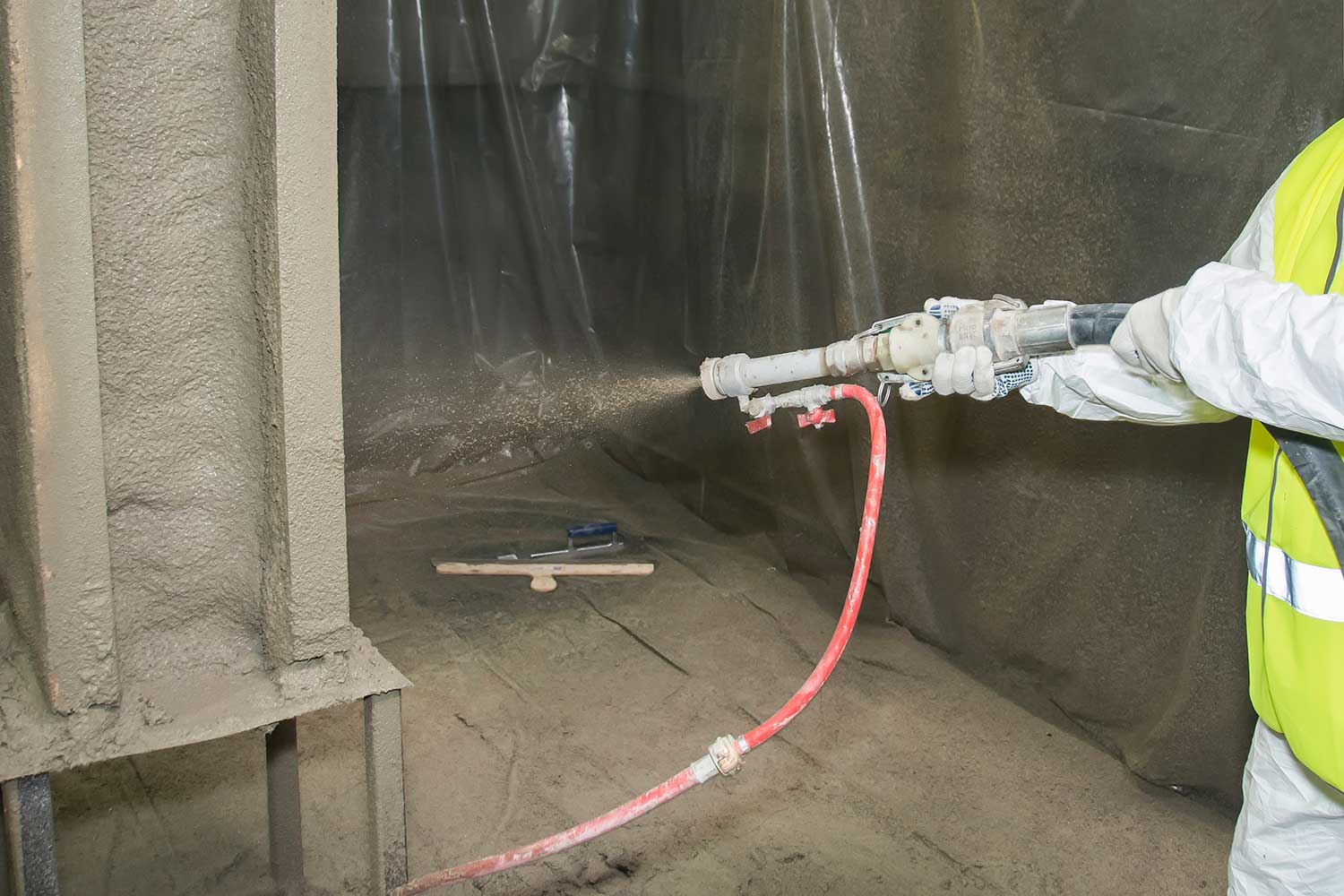In the realm of insulation materials, fibreglass stands tall as a remarkable choice due to its exceptional thermal properties and versatility. This article delves into the reasons why fibreglass is considered a top-notch insulator, exploring its unique characteristics, applications, and the benefits it offers. Whether you're an engineer, a homeowner, or simply curious about insulation, this comprehensive guide will shed light on the wonders of fibreglass.
- The Science Behind Fibreglass Insulation:
Fibreglass insulation is composed of fine glass fibers intertwined to form a dense mat. These fibers possess excellent thermal resistance properties, making fibreglass an ideal choice for insulating various structures. The insulation's effectiveness lies in its ability to trap air pockets within its structure, which hinders the transfer of heat energy. - Superior Thermal Performance:
Fibreglass insulation excels in thermal insulation due to its low thermal conductivity. This property enables it to impede the flow of heat, keeping interiors warm in cold climates and cool in hot climates. The unique structure of fibreglass, with its numerous tiny air pockets, acts as a barrier to heat transfer through conduction and convection. - Energy Efficiency and Cost Savings:
One of the significant advantages of fibreglass insulation is its ability to enhance energy efficiency. By reducing heat transfer, it minimizes the need for excessive heating or cooling, resulting in lower energy consumption and reduced utility bills. Additionally, fibreglass insulation's long lifespan and durability contribute to cost savings over time. - Versatility and Application:
Fibreglass insulation finds extensive application across various industries and settings. It is commonly used in residential buildings, commercial structures, industrial facilities, and even transportation vehicles. Its flexibility allows it to be easily installed in walls, ceilings, floors, and attics, providing effective thermal insulation in diverse environments. - Health and Safety Considerations:
Fibreglass insulation has undergone significant advancements to address health and safety concerns. Modern fibreglass insulation products are manufactured with low-emissivity binders and coatings, reducing the risk of airborne particles. Proper installation techniques and the use of personal protective equipment ensure a safe and healthy environment during installation and maintenance. - Environmental Friendliness:
Fibreglass insulation is an environmentally friendly choice. It is made from recycled glass and sand, reducing the demand for new raw materials. Additionally, its long lifespan and energy-saving properties contribute to a reduced carbon footprint. Choosing fibreglass insulation aligns with sustainable practices and green building initiatives.
Conclusion:
Fibreglass insulation's exceptional thermal performance, versatility, energy efficiency, and environmental friendliness make it a superior choice for insulation needs. Its ability to regulate temperature, reduce energy consumption, and provide long-term cost savings has made it a staple in various industries. Whether you're aiming to improve your home's energy efficiency or seeking insulation solutions for large-scale projects, fibreglass insulation proves to be a reliable and effective option.

